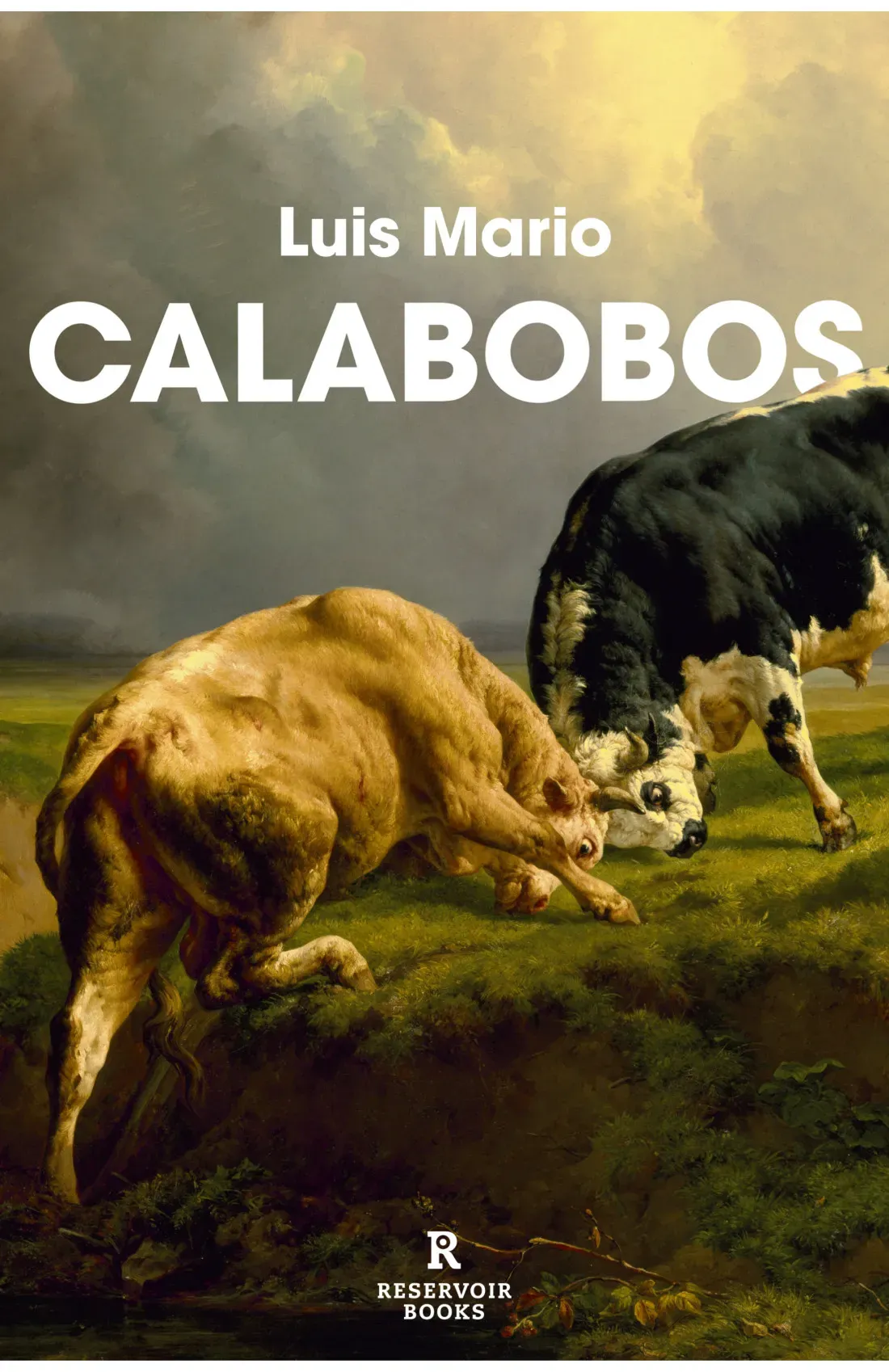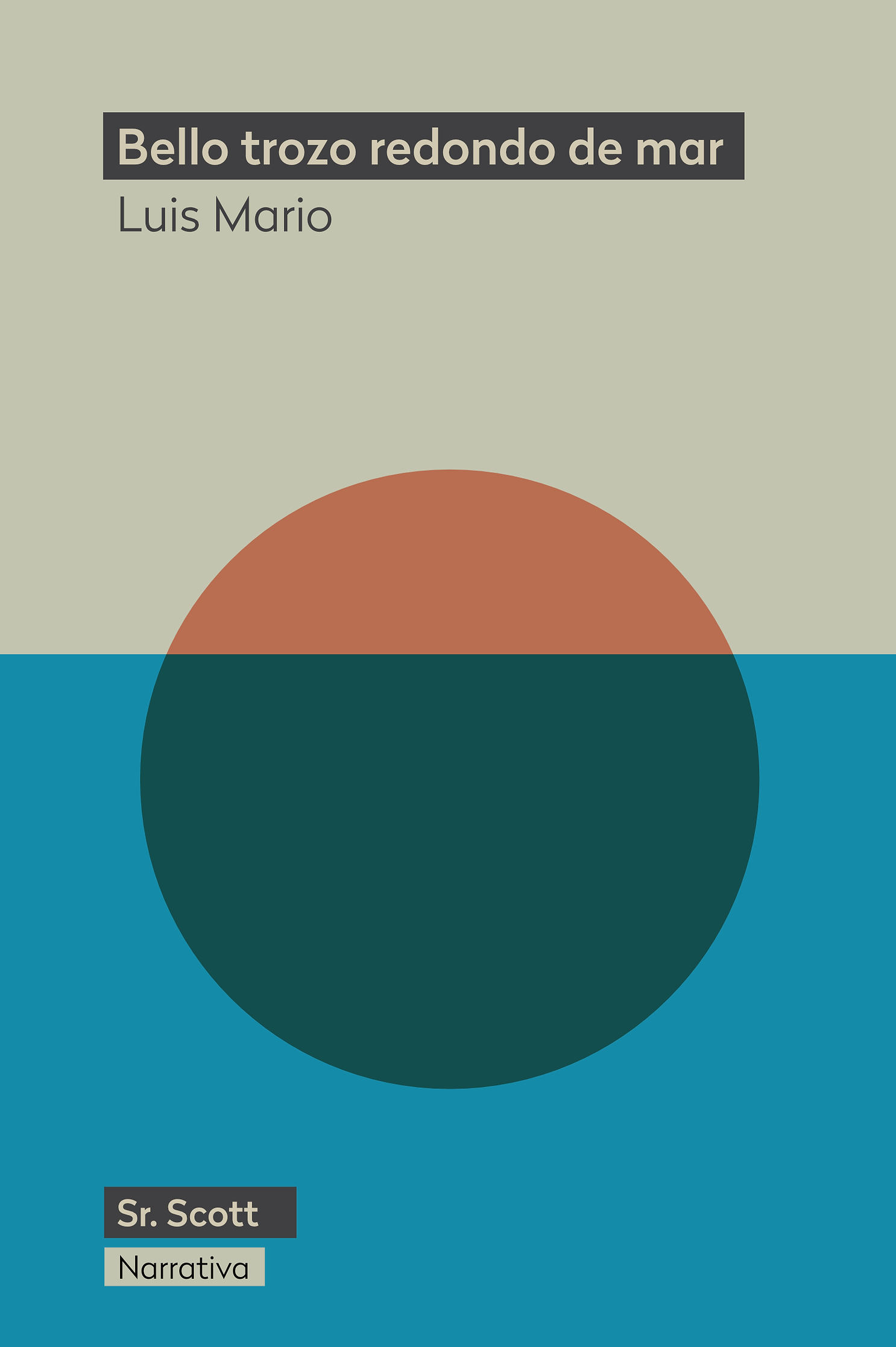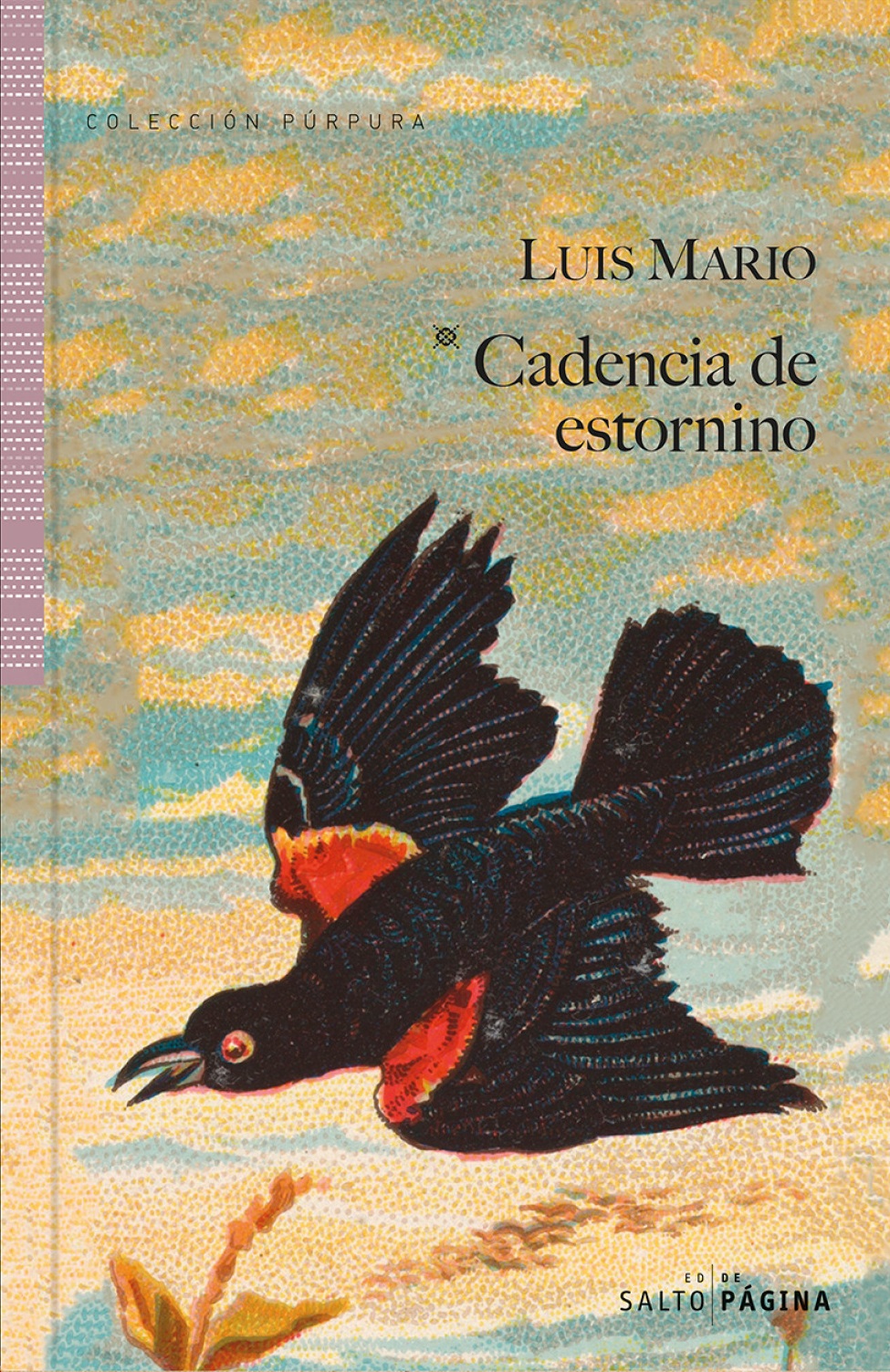
Calabobos
In Cantabria, “calabobos” refers to a fine drizzle that falls so gently it’s almost imperceptible—which is why, in this novel, it rains constantly and its characters are perpetually soaked. Surrounded by landscapes as beautiful as they are brutal, and told through a raw, unruly voice steeped in a rough and ferocious Cantabrian dialect, the protagonist of this story speaks of the quiet brutality of an abandoned village—one that seeps into its people little by little, without them even noticing—as he searches for his sister before the high tide rolls in.
It took Luis Mario years to realize he had been living drenched, and only once dry could he write about the Bear Woman, the Fish Man, women who breastfeed dogs, men who gut cows, and cows that fall into the sea. About Mariuca and Nanda La Chona, infusions that kill everything, barnacles with enormous genitals, sparrows that sprout from the earth, pods full of teeth, old women who feed on children, and a fetus inside a mussel. But above all, he’s written about a place that refuses to change. Calabobos is the invention of a new mythological tale—gorgeous and sharp as cliffside rock.
«A verbal feast of language that’s nowhere to be found in dictionaries and laughs in the face of convention.» Berna González Harbour, El País
«This novel will be one of the big surprises of 2025. […] What a way with words! A book that is, without a doubt, a tribute to his land, his grandmother, and the women in his family.» Susana Santaolalla, Libros de arena (RTVE)
«Luis Mario’s new novel is like nothing else. He’s as unpredictable as the Cantabrian squalls; he doesn’t fold up the beach umbrellas, but he hits you just the same in the heart.» Beatriz Russo, Zenda
«A feast for the senses. […] A torrential read, a whirlpool that pulls you down into the depths of the sea.» David Uclés, La Vanguardia
«A young writer with an unusually poetic voice who has burst onto the literary scene to stay.» Inés Barea, El Comercio
«An anarchic, talkative novel in which he twists his own language to paint a portrait of the Cantabria that raised him.» Alberto Sisí Sánchez, Vogue
«A moving text that knows it’s moving, and isn’t ashamed of it — and because of that, it doesn’t become sentimental. It’s simply truth, one truth, so blurred, honest, clumsy at times, overexplained at others — just as truth is. And creating truth in literature is technically very sophisticated; it takes well-crafted artifice, a strong and authentic voice — and Calabobos has it.» Jorge Burón, sustrato
«A brief novel, told in spoken prose, where the characters come alive in the reader’s mind and the beauty of the Cantabrian landscape contrasts with a quiet brutality.» MiGijón

